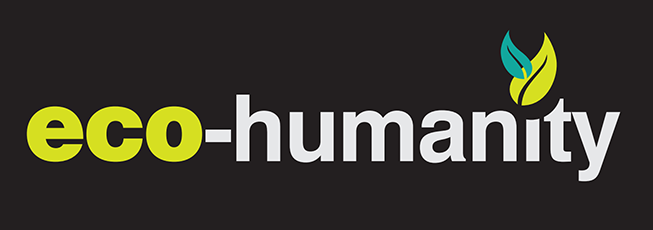Our core beliefs are based on 5 propositions:
- Cultural (memetic) evolution is the reason that human evolution has been so different from that of all other animals
- Memetic evolution is accelerating so fast that human culture and organisation is struggling to cope with the speed of change.
- The population and wealth of mankind has now grown so much that we have reached the limits that nature and Earth can support.
- If our progeny are to continue to thrive, international co-operation, working for the good of all mankind, will be vital.
- this is best achieved if people of all races, religions and nationalities unite behind the liberal humanist values of equality, freedom and rationality and the principle of sustainable development.
References:
Compete or Co-operate – the evolutionary choice that will determine our future
